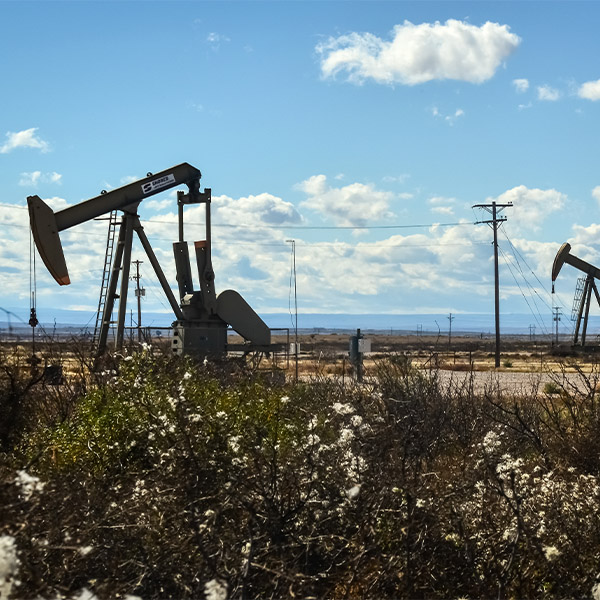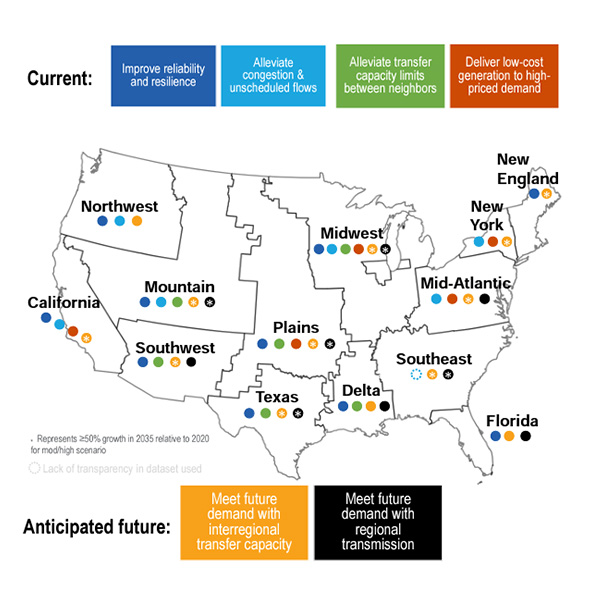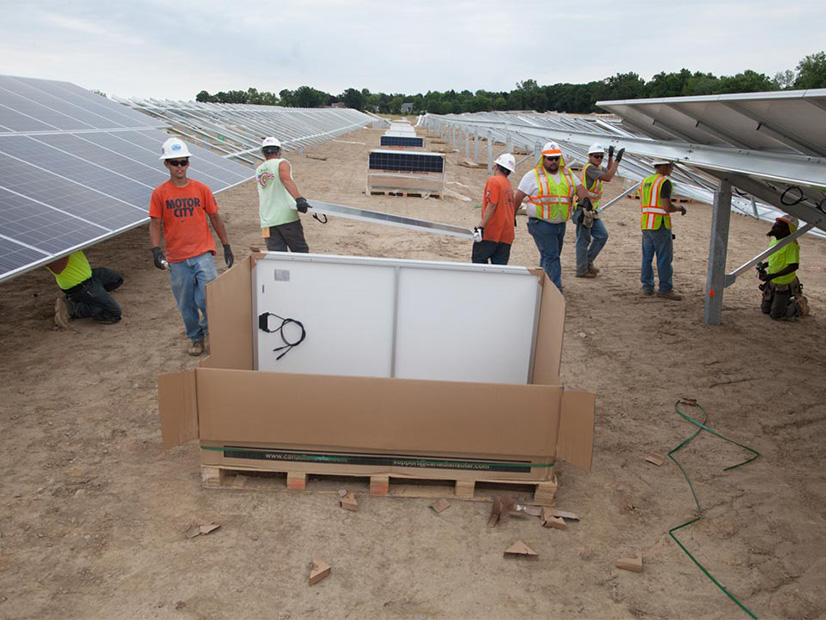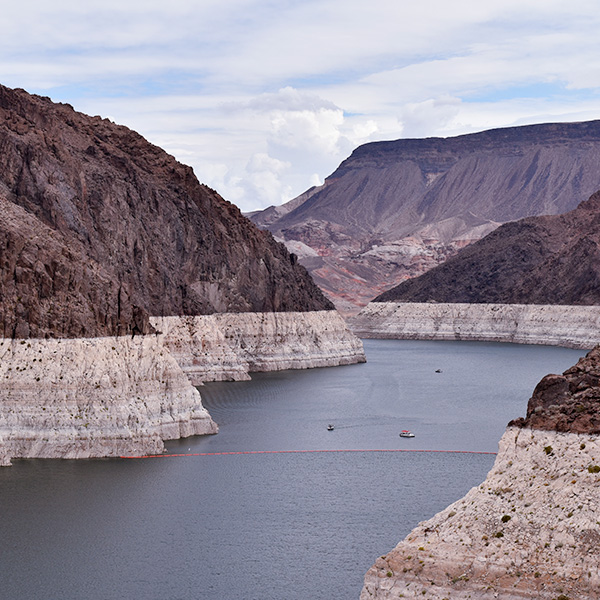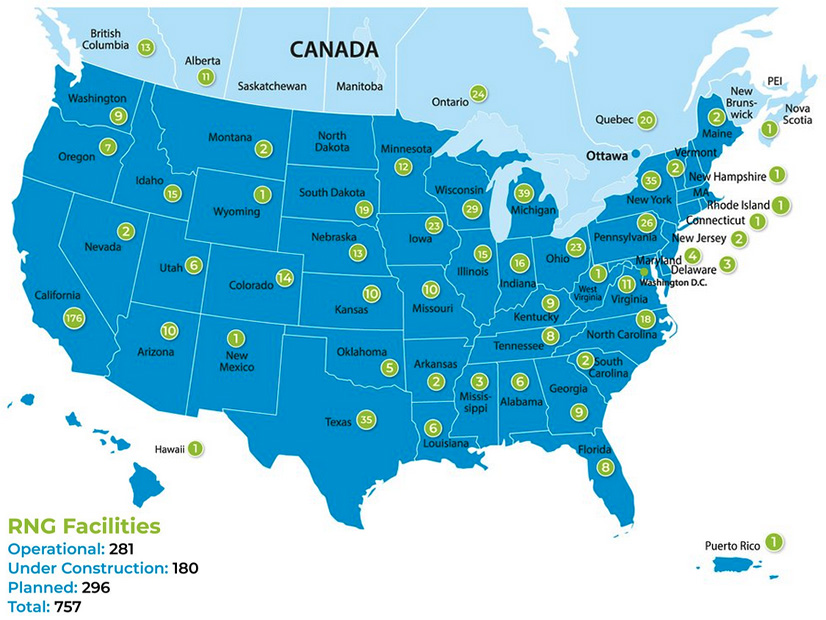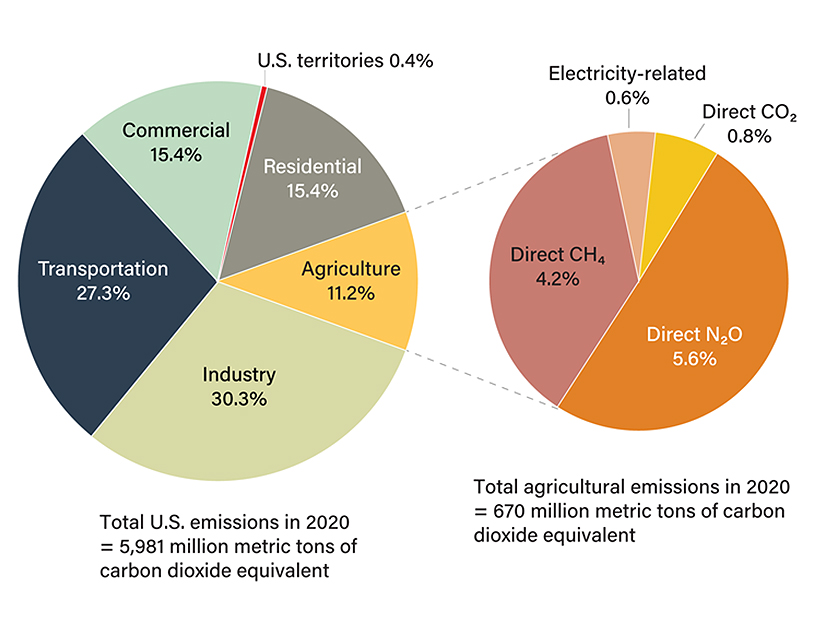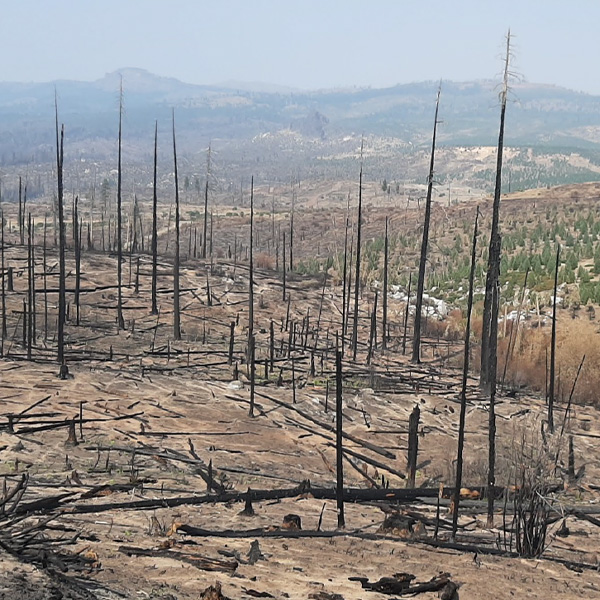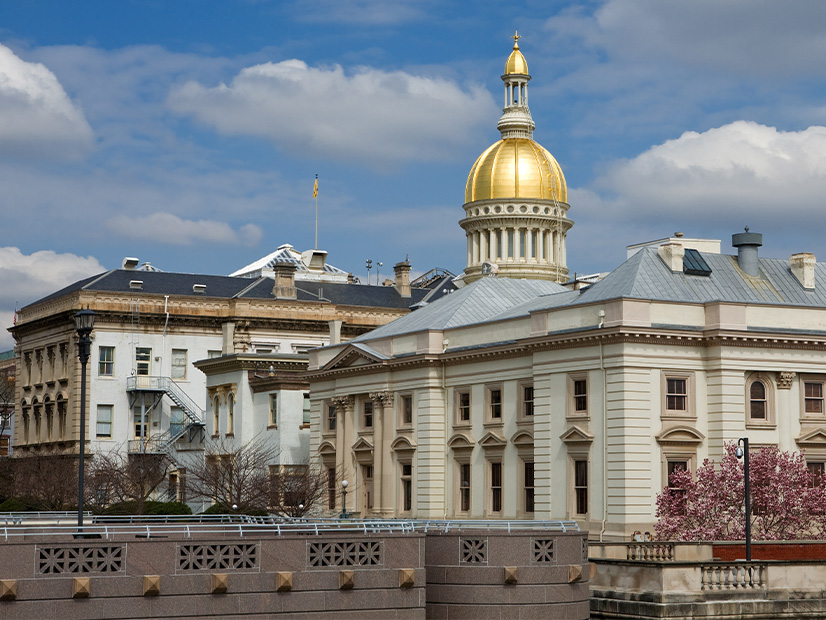Agriculture & Land Use
The federal government has finalized rules that will decrease the cost of siting renewable energy generation on public land and increase the cost of leasing it for oil and gas development.
States, RTOs and others warned DOE not to let transmission developers dominate the development of National Interest Electric Transmission Corridors.
Clinton County, Michigan, will impose a one-year moratorium on new, large-scale renewable energy projects to give it time to update its planning ordinance.
Governors of California, Arizona and Nevada have agreed to a three-year water conservation plan aimed at protecting the drought-stricken Colorado River system.
Using RNG as a feedstock offers hydrogen producers a shortcut to claiming the full federal tax credit created for hydrogen production, industry experts said.
Petition organizers withdrew their proposal for a voter initiative to ban utility-scale solar on Michigan farmland, but they plan to resubmit.

Walter Siegmund, CC BY-2.5, via Wikimedia
Two state senators introduced a bill to provide farmers and haulers of agricultural products relief from costs arising from the state's cap-and-trade program.
Agriculture contributed more than 11% of U.S. GHG emissions in 2020, and the Biden administration has allocated $20 billion in new funding to reduce emissions.
Forest experts speaking at a WIEB conference offered attendees a seemingly paradoxical message about how the West can best prevent catastrophic wildfires.
The New Jersey Senate Environment and Energy Committee advanced a spate of climate change-related legislation.
Want more? Advanced Search
